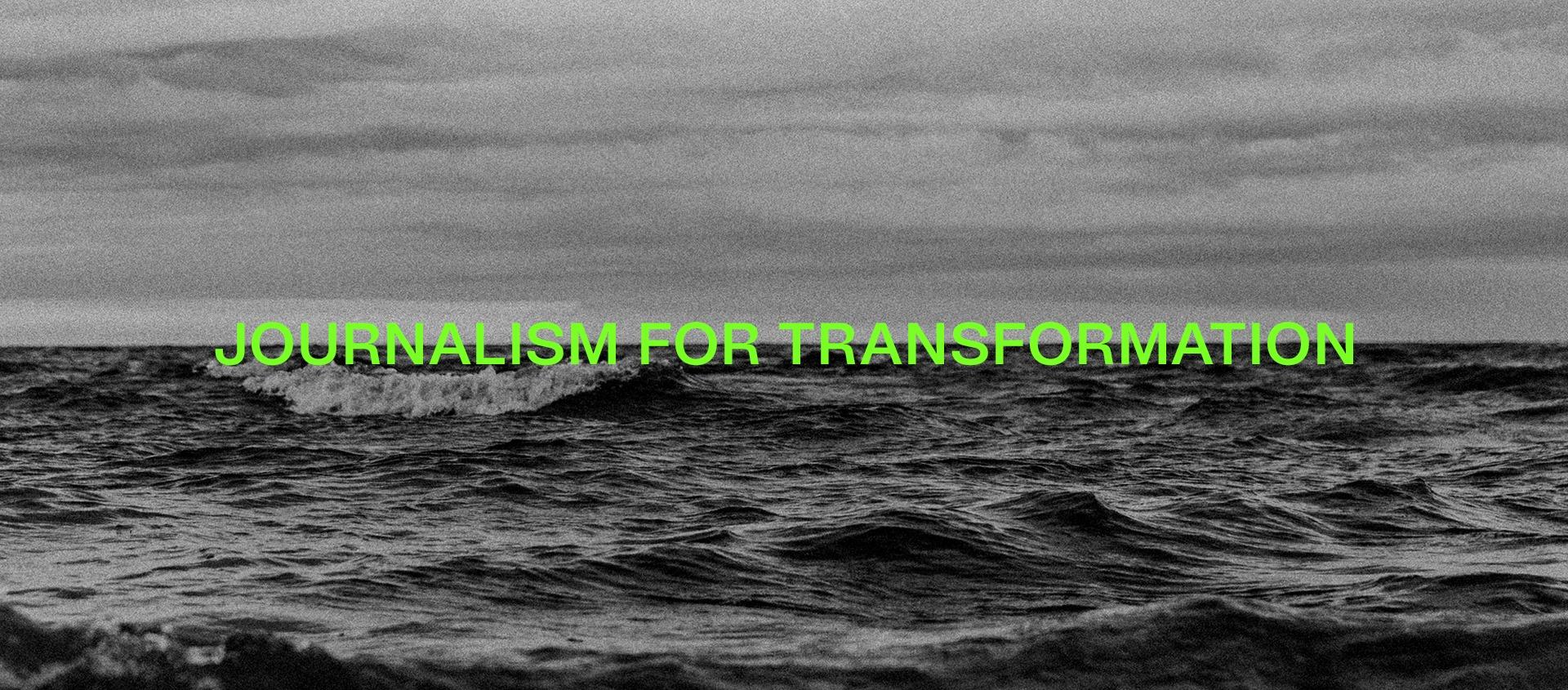
Breach Media is an independent Canadian news platform that has positioned itself as a critical and adversarial voice in the country's media landscape. Launched on March 10, 2021, The Breach was created to fill what its founders saw as a void in Canadian journalism—a lack of deep, uncompromising reporting on systemic issues often overlooked or underreported by legacy corporate and public media. It is a reader- and viewer-supported publication, which it claims allows for editorial independence from corporate interests, advertisers, or government funding that might influence its content.
The core mission of The Breach, as articulated on its website and in interviews with its founders, is to produce "transformative journalism." This is a key principle that sets it apart. The publication is open about its commitments, stating a desire to
"inspire action, tell stories about people remaking society, and amplify visions of a new world to win together."
This is a departure from the traditional journalistic ideal of strict objectivity, instead embracing a form of advocacy journalism that is transparent about its values and its focus on social, economic, and political change. The publication is a successor to The Dominion, another independent, non-profit Canadian publication that launched in 2003, suggesting a legacy of alternative media in Canada.
The subject matters that The Breach delves into are central to its identity. They are organized around a few key pillars that reflect its progressive and left-leaning perspective. These include an unflinching look at economic inequality, a critical examination of Canadian foreign policy, and deep dives into issues of environmental issues, colonialism, and racism.
One of the most prominent areas of The Breach’s reporting is on economic inequality and corporate power. The publication has consistently investigated how corporate interests and the wealthy influence politics and policy in Canada. For example, The Breach has reported on how the federal government has acted as a "champion in government" for the oil and gas industry, revealing a close relationship between the state and corporate energy sector. This type of reporting aims to expose the mechanisms by which powerful corporations maintain their influence, often at the expense of the public good. Another example of this focus is their coverage of how large corporations and the ultra-wealthy use tax havens, which The Breach reported costs the Canadian government billions of dollars each year. This is framed as a hidden tax crisis that strips funding from public services, a perspective that is core to their analysis of economic systems.
The Breach also frequently tackles political controversies and the inner workings of Canadian political parties. It has garnered attention for its investigative pieces on figures like Conservative leader Pierre Poilievre, reporting on his participation in "cash-for-access" fundraisers with lobbyists, despite his public statements criticizing such practices. Furthermore, The Breach has cited and been cited for its reporting on the deepening ties between Poilievre's Conservatives and Hindu nationalist groups supportive of Indian Prime Minister Narendra Modi. This type of journalism goes beyond simple political commentary, seeking to uncover and connect different facets of political power and influence. The publication also made waves with its reporting on the B.C. NDP leadership race, alleging that the "establishment" of the party had taken actions to disqualify a progressive candidate, Anjali Appadurai. This reporting highlighted what they described as a broken electoral system and a lack of transparency within the party.
A crucial part of The Breach's mission is its focus on colonialism and indigenous issues. The publication provides a platform for Indigenous writers, lawyers, and professors, such as Pamela Palmater, to share analysis and perspectives often marginalized in mainstream media. This commitment is reflected in their coverage of topics like resource projects that impact Indigenous communities and the historical and ongoing effects of colonialism in Canada. The publication aims to center the voices of those most affected by these issues, providing a space for a more complete and critical discussion.
The Breach has also taken on Canadian foreign policy, particularly in its reporting on conflicts abroad. A significant example is the book they published, When Genocide Wasn't News, an anthology that examines what they describe as the Canadian media's complicity and "cover-up" of the Israeli genocide in Gaza. This work is a direct critique of the Canadian media establishment, arguing that it has failed to adequately report on the conflict with a truthful and critical lens. The publication's reporting on this issue is not limited to the media; they have also investigated the government's role, breaking down what they call a "4-step playbook" used by the Liberal government to deceive the public about Canada's continued arming of Israel.
The publication's commitment to independent journalism is also reflected in its structure. It is owned by "The Breach," which is a client of Indiegraf, a private media platform that helps independent news outlets. This model allows them to focus on their journalistic mission without the pressure of traditional corporate media. The publication's team of editors—Martin Lukacs, Emma Paling, and Cara McKenna—are central to its editorial direction. Its list of contributors includes notable figures such as journalist El Jones, legal scholar Azeezah Kanji, and documentary filmmaker Avi Lewis, further cementing its position as a home for critical, progressive voices in Canada.
In conclusion, The Breach distinguishes itself from Canada's mainstream media by being openly ideological and adversarial. It provides a platform for investigative journalism and analysis on issues of economic inequality, colonialism, climate change, and foreign policy that it believes are not given adequate attention elsewhere. By being reader-supported, it claims to maintain an independence that allows it to challenge corporate and political power structures. Its body of work, from exposing political fundraising to critiquing media coverage of global conflicts, positions it as a significant, albeit polarizing, alternative voice in the Canadian media landscape.